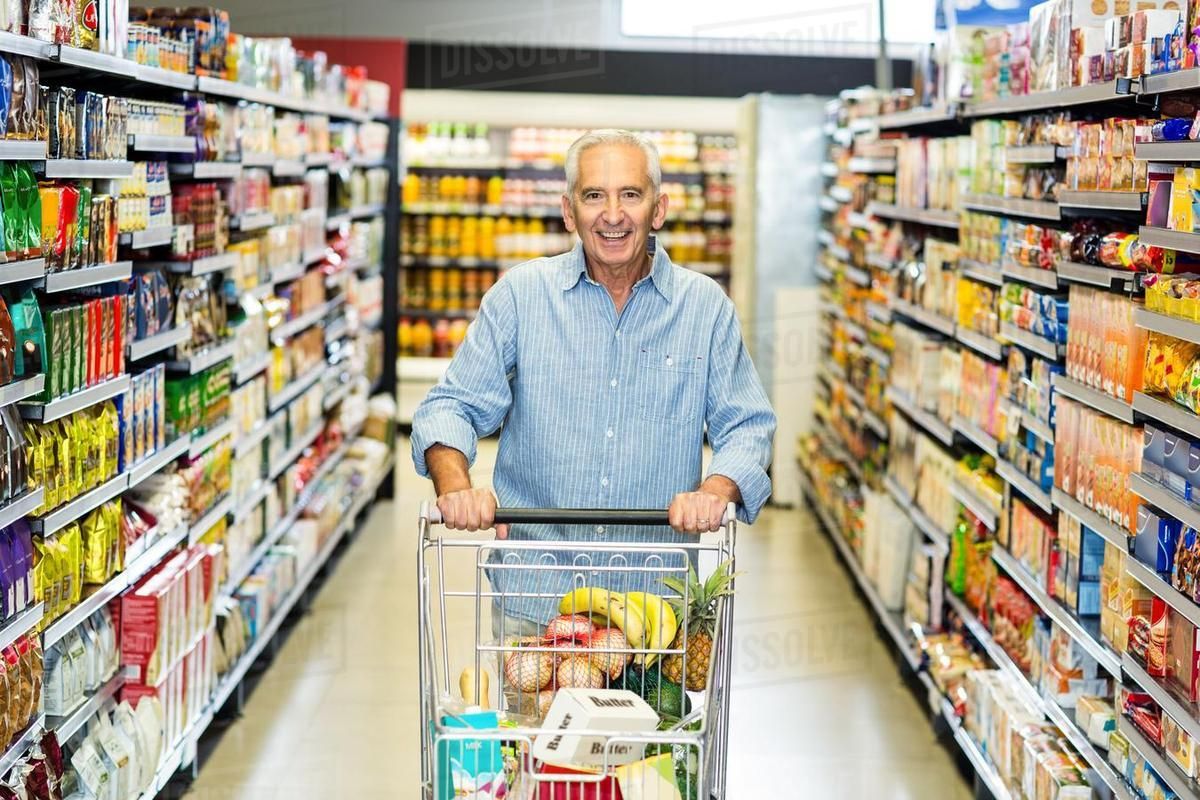
Fuel prices falling but food prices remain high
Consumer spending in South Africa is still expected to remain depressed due to the elevated cost of living, in spite of the significant drop in fuel prices this month.
Analysts yesterday said that while the petrol price cut will bring some relief to motorists at the pumps this month, food prices were still at unaffordable levels.
The Department of Mineral Resources and Energy (DMRE) on Monday announced the fuel price adjustment for October, decreasing the petrol price for three consecutive months.
The DMRE said the price of 93 octane petrol will decline by 89 cents per litre while 95 octane petrol will fall by R1.02 per litre.
The petrol price drops to R23.36 per litre from a record high of R26.74 a litre in July.
The wholesale price for illuminating paraffin will fall 61 cents per litre. Diesel will increase between 10 and 15 cents a litre.
According to the latest data from Statistics South Africa, the annual consumer inflation dipped to 7.6% in August from 7.8% in July as softer fuel prices took the edge off inflation.
However, food inflation continued upwards, with the food and non-alcoholic beverages index increasing by 11.3% in the 12 months to August, higher than the reading of 9.7% in July.
Mervyn Abrahams of Pietermaritzburg Economic Justice & Dignity Group (PMBEJD) said the latest Household Affordability Index painted a grim picture for the millions of South Africans who are battling to feed their families.
According to the September index, it costs nearly 14% more to feed a family compared to last year in the same month.
September also saw higher prices of 5% or more on white bread, onions, boerewors, tomatoes, butternut, oranges and stock cubes.
Foods which increased by 3% included brown bread, potatoes, milk and curry powder. Frozen chicken portions and beef increased by yet another 2%.
Abrahams said these items were all among the basic staple foods needed to serve the population at least one nutritious meal per day at the dinner table.
“For the past three months, fuel prices and global food commodity prices have come down, yet we do not see a corresponding drop in food prices at retail level,” Abrahams said.
“Due to a lack of transparency in the local food value chains, we are unable to identify where in the chain inflation remains stubbornly high.
“The question remains whether the industry is passing on the lower costs to the consumer or not.”
The easing of fuel prices comes as the average Brent crude oil price decreased from $94 per barrel to $89.79 per barrel during the period under review due to low demand from China, fears of global recession, Saudi Arabia cutting oil prices and the release of crude oil stocks by the International Energy Agency (IEA).
Trade union Uasa said it was pleased with the petrol price decrease ahead of the holiday season.
Uasa spokesperson Abigail Moyo said hopefully the trend continues for workers who want to make the best of travelling over the festive season.
“The cost of illuminating paraffin will fall by 61 cents a litre, bringing about considerable savings on household spending for the poorest of the poor,” Moyo said.
News Category
- International retailers
- On the move
- Awards and achievements
- Legislation
- Wine and liquor
- Africa
- Going green
- Supplier news
- Research tools
- Retailer trading results
- Supply chain
- Innovation and technology
- Economic factors
- Crime and security
- Store Openings
- Marketing and Promotions
- Social Responsibility
- Brand Press Office
Related Articles

Confirmed: Petrol, diesel price cuts on Wednesday

Petrol price relief expected next week

SA poultry industry calls for targeted chicken ...

Empowering South African households through gro...


